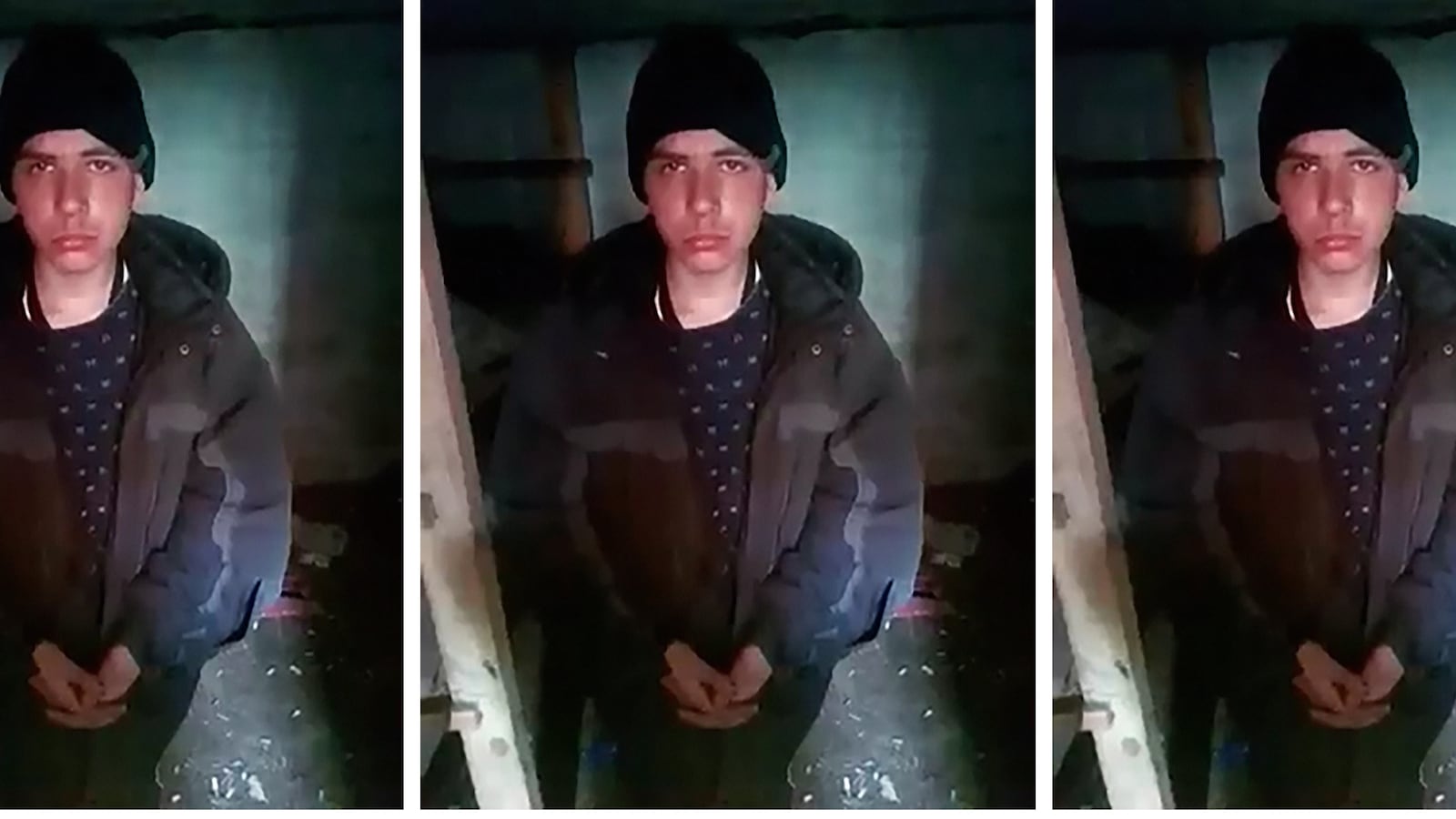A filmmaker from Mariupol is facing an agonizing ordeal. She has been told to pay around $5,350 to Russian troops or her son Alexey will be executed on camera. Olga Novikova, who is well known in her native Ukraine, posted details of the Russian threat in a since deleted Facebook post Sunday evening.
She says she has until Monday to collect the money and get it to the rogue Russian contingent holding her son captive. “If I don’t pay up, they promised to kill him and send me a video of the execution,” she told independent Russian outlet Meduza. “The bottom line is that there’s no guarantee they’ll let him live even after I pay the ransom.”
Mikhail Podolyak, an adviser to President Zelensky, posted a video of the boy being questioned by the Russians on Twitter and claimed this was the behavior of terrorists. “The Russian military is increasingly reminiscent of ISIS militants. Russia should be recognized as a terrorist state,” he said.
Novikova learned of her son’s capture in Mariupol through a message from her son’s Facebook account asking for her Telegram phone number, she said. Someone then called her on Sunday night via her son’s Facebook Messenger account purporting to be a Russian soldier, she says. They told her she had 15 minutes to make an offer to free her son. “If you make an offer that interests us, we’ll let your son live; if not, we’ll shoot him,” she said they told her.
When they called back, they demanded €5,000, which she does not have. She told them that as a refugee she has no access to money. “That’s not our business,” they told her. “If you don’t manage to get it, we’ll send you a video of your son being killed.”
She says she was told that her son, whose age is unclear, is being kept apart from other prisoners of war. She said Ukrainian negotiators have now added him to the prisoner exchange list, but the Russians she is dealing with are not part of those negotiations and are acting alone—likely without the consent of their commanders—in blackmailing her and others as part of a money-making scheme. “I think publicity might be able to help,” she said. “We need to act right now to make sure the Russian side won’t dare shoot him like they would if he were just another person to them.”
Novikova, who left Mariupol on March 18 with the female members of her family, says the Russians she dealt with did not let her speak to her son, but sent her a video that appeared to show he was alive, along with a photo of his student ID from Mariupol State University, and his passport. In the video he told his mother that he had not been beaten, but she doesn’t believe them. “Of course he told the camera that they haven’t been beating him,” she said. “I have no idea what’s actually happened. They could have beaten him, threatened to cut off his fingers, or anything else.”





